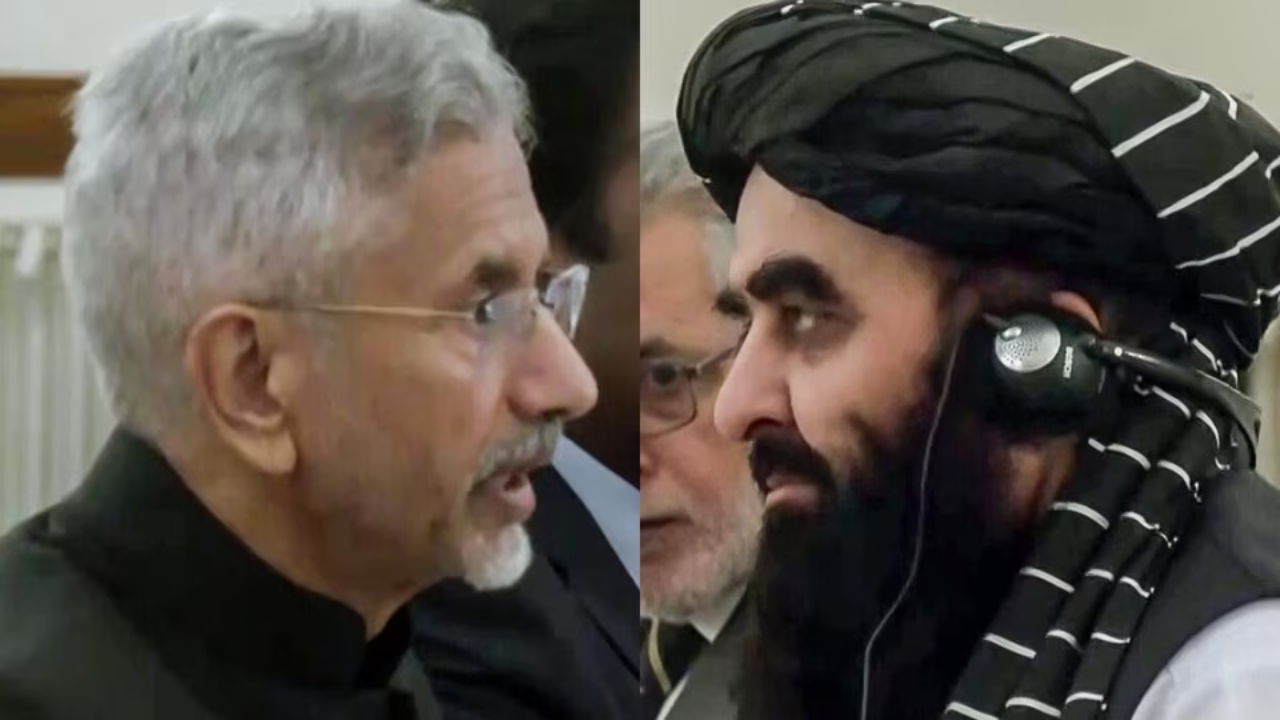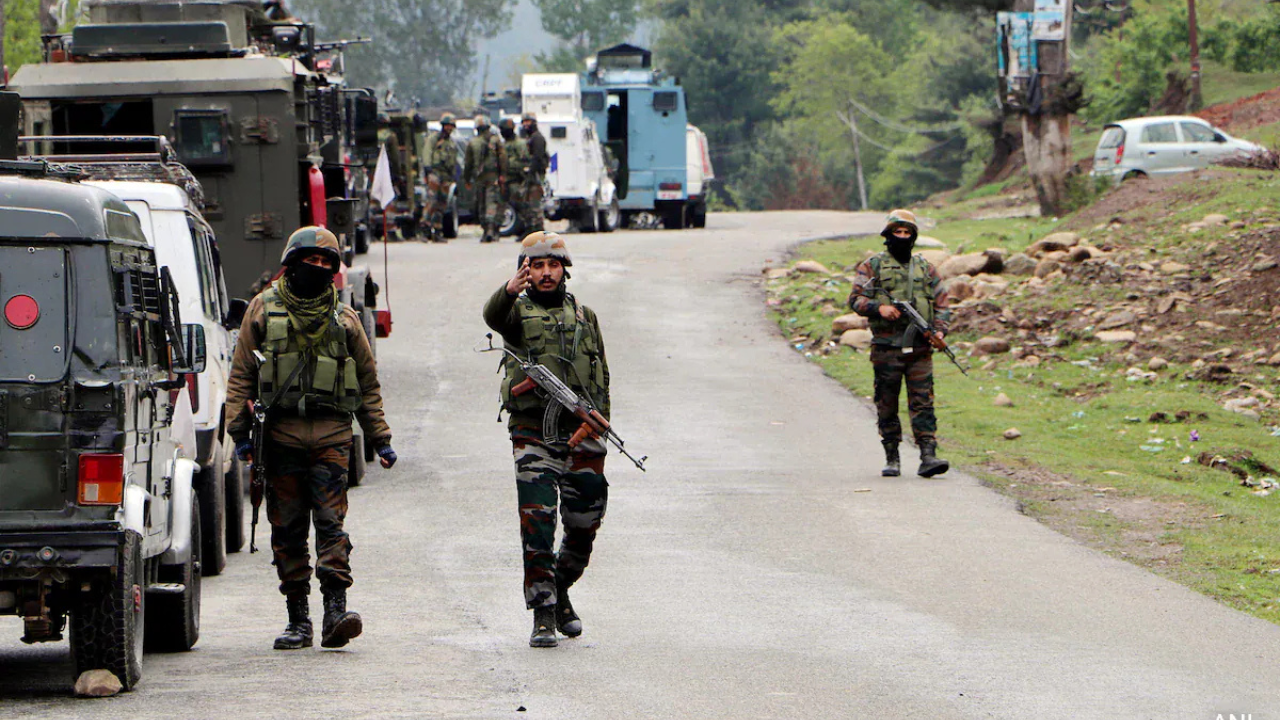 English
English

The Taliban have endorsed India’s sovereignty over Jammu & Kashmir in a joint statement with external affairs Minister S Jaishankar, sparking outrage in Pakistan. How will Islamabad respond amid escalating Afghanistan-Pakistan tensions and cross-border clashes?

Taliban endorse India’s position on J&K.
New Delhi: The Taliban have publicly supported India’s sovereignty over Jammu & Kashmir (J&K), provoking a strong reaction from Pakistan. The endorsement came in a joint statement issued after a meeting between India’s External Affairs Minister S Jaishankar and Afghan Foreign Minister Amir Khan Muttaqi.
The statement highlighted mutual recognition of each country’s sovereignty and territorial integrity. While New Delhi welcomed the affirmation, Islamabad interpreted it as a challenge, lodging a formal protest with Afghanistan. Pakistan claimed that mentioning J&K as part of India in the statement violated United Nations Security Council resolutions and the legal status of the region.
Officials in Islamabad view Afghanistan’s stance as opening a new diplomatic front in an already tense relationship, further aggravated by recent border clashes. President Asif Ali Zardari criticized the Taliban for allegedly abandoning the Kashmiri people and undermining historical and religious ties, asserting that the move was “unjust to the Muslim Ummah.”
India, however, framed the statement as a reaffirmation of its position that the countries share a contiguous border through Pakistan-occupied Kashmir (PoK), which stretches 106 km along Afghanistan. Jaishankar emphasized that India, as a neighboring country and well-wisher of Afghanistan, has a vested interest in the nation’s development and stability.
India Upgrades Kabul Mission To Embassy: A new chapter in ties with Afghanistan?
Meanwhile, tensions on the Afghanistan-Pakistan border escalated. Speaking at a press conference from the Afghan embassy, Foreign Minister Muttaqi accused “certain elements” in Pakistan of instigating the clashes. He warned that if Pakistan fails to pursue peace, Afghanistan has alternative measures at its disposal.

Muttaqi warns Afghanistan has alternative options if Pakistan does not pursue peace.
Muttaqi denied any Taliban support for the Tehreek-e-Taliban Pakistan (TTP), claiming the border’s 2,400 km length makes unilateral control difficult. “Strength alone cannot control it. If Pakistan wants peace, they have a bigger army and better intelligence—why are they not controlling it?” he said, urging Islamabad to manage internal threats instead of blaming Afghanistan.
Muttaqi explained that Afghan forces retaliated immediately after provocations from Pakistan, successfully achieving their military objectives. He noted that the situation is now under control, with mediation efforts from Qatar and Saudi Arabia encouraging a temporary pause. The minister stressed that Afghanistan’s goal is peaceful relations, but added that alternative options exist if Pakistan continues to obstruct them.
The Taliban’s endorsement of India over J&K represents a significant diplomatic shift, challenging Pakistan’s long-standing narrative in the region. The move may reshape alliances and influence ongoing border negotiations, while intensifying scrutiny over Pakistan’s ability to manage domestic insurgencies.
The Afghanistan-Pakistan standoff and Taliban’s backing of India on Kashmir underscore the fragile and complex nature of South Asian geopolitics. With tensions simmering on borders and diplomatic fronts, all eyes remain on Islamabad’s next move in response to the evolving regional dynamics.
Beta feature
No related posts found.